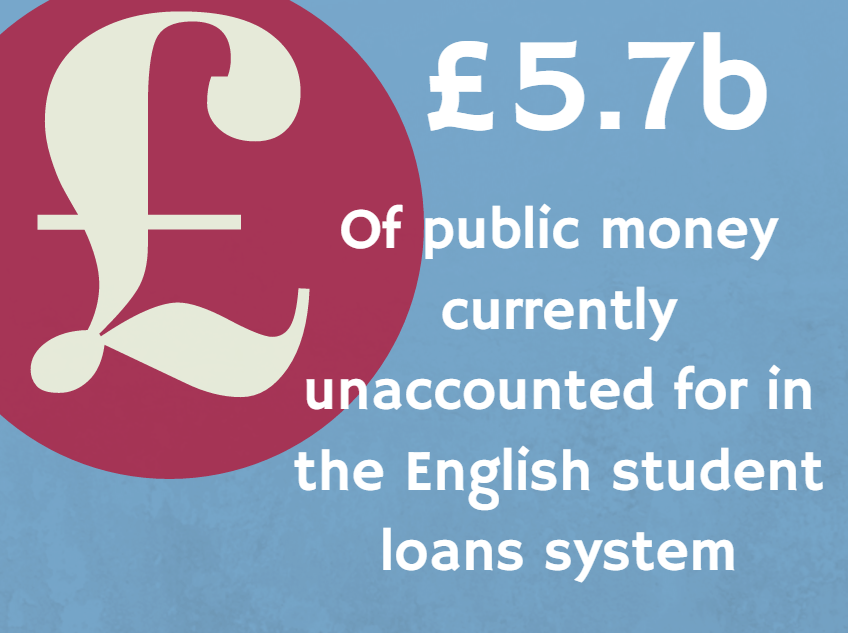Higher education organisation Universities UK says a Brexit would harm the economy, stifle research and damage graduate job prospects. Wise words, or alarmist exaggeration? Harrison Drury’s education and training sector examines the pros and cons.
Universities claim a Brexit would be damaging
According to Universities UK, membership of the EU has had an ‘overwhelmingly positive’ impact on the standard of higher education and has helped to cement their strong global reputation.
There are 125,000 EU students at British universities, generating more than £2.2bn for the economy and creating 19,000 jobs, while 14% of academic staff were born in other EU nations. In addition, research funding stemming from the EU is worth £1bn a year.
Academics warn leaving the EU would have a serious impact on student numbers as EU nationals would have to pass much tougher visa checks to secure places.
Eurosceptics point to ‘wasted’ public funds

On the other hand, those campaigning for Britain to the leave the EU argue that the UK’s student finance system is being put under considerable strain by EU students, with UK students and taxpayers ultimately paying the price.
A 2013 report from the National Audit Office found that European students are three times more likely to avoid repayments than those from Britain – partly because the repayments cannot be collected through the tax system in foreign countries. Furthermore, figures collectively show that around £5.7bn of public money is unaccounted for in the English student loans system.
Benefits from EU training initiatives
The EU currently provides programmes and funding to boost employability and skills through education and training. This includes Erasmus+, which will provide opportunities for four million EU nationals to study, train, and gain work experience abroad up to 2020.
There is also the European Social Fund, which supports area-based initiatives co-financed by Department for Work and Pensions, the Skills Funding Agency and Big Lottery. Together, all this EU funding and support makes up an important component of the current training market, and is especially significant at a time when other funding streams are being cut.
However, Eurosceptics point out that if the UK left the EU, the government could reallocate some of its wider EU spending to new, comparable programmes.
Nonetheless, at a time when the NHS and other public sector bodies are stretched to breaking point, there is no guarantee that these funds would go to training and education following a Brexit.
For more information on how the outcome of an EU referendum may impact on the education and training sector, speak to Harrison Drury’s specialist education and training sector team on 01772 258321. We have solicitors in Preston, Lancaster, Garstang, Kendal and Clitheroe.
Questions & Answers